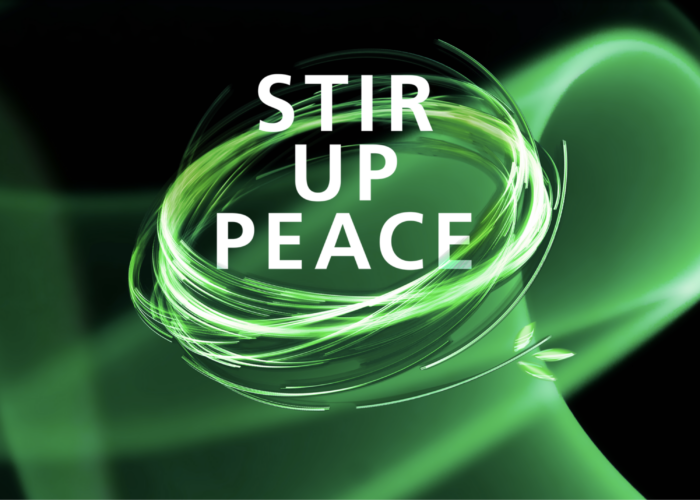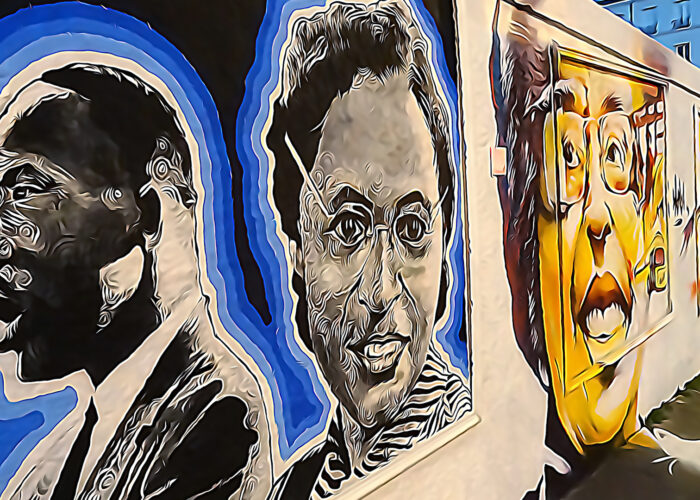Episode 6: Tactics for nonviolent direct action
Study guide
Focus statement/synopsis:
Groups interested in peace and justice may rush to set up a street protest or a boycott before thinking through the rationale for choosing that tactic. Choosing the right nonviolent direct action tactics for each phase of a campaign is critical for meeting the campaign’s objectives. The choice of tactics can also set the stage for negotiations and peace processes to be effective.
The three broad categories of tactics include:
- Tactics that say something,
- Tactics that do something,
- Tactics that refrain from doing something.
Scripture:
Read 1 Corinthians 12:4-26.
Opening ritual:
Meditate on a time you tried everything you could think of to change a situation. How was the Holy Spirit present with you in that situation?
Group Discussion
Elder Quaker scholar and activist George Lakey has been active in nonviolent direct action, since he started supporting the Black Freedom Struggle. While that movement was ongoing, some people agreed to nonviolence out of principle. Others agreed to it, because it was proving to be pragmatically successful. In a country full of weapons, it continues to make pragmatic and principled sense to commit to nonviolence. However, Lakey noted, "Most people who engage in nonviolent struggle are not pacifists, and most pacifists do not engage in nonviolent struggle." There are many motivations for participating in nonviolent direct action, just as there are many strategies and many tactics. There is no uniformity.
Regardless of what motivates people to show up, you can work together using a shared strategy.
Activity:
Quaker peace scholar Michael Beer put nonviolent direct action into 6 broad categories.
Create the 4×3 grid below on a whiteboard or large visible sheet of paper:
| Coercive | Persuasive | |
|
Acts of Expression
|
Protest
|
Noncooperation
|
|
Acts of Omission
|
Disruptive Intervention
|
Appeal
|
|
Acts of Commission
|
Refraining
|
Creative Intervention
|
Place some of the nonviolent direct actions mentioned in the video on the chart.
Hint: Nonviolence International listed over 100 tactics in these categories.
Small group/partner discussion question:
Share about what you meditated on at the beginning of the group time: a time you tried everything you could think of to change a situation. How was the Holy Spirit present with you in that situation?
Large group discussion questions:
Use the Action Star diagram below to create a hypothetical (or real) direct action.
Close in prayer.




